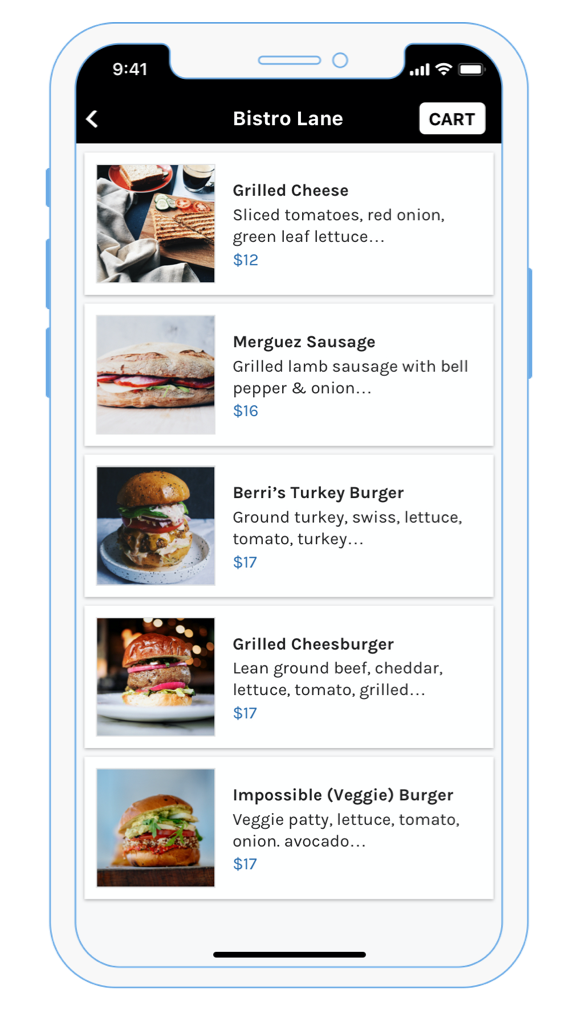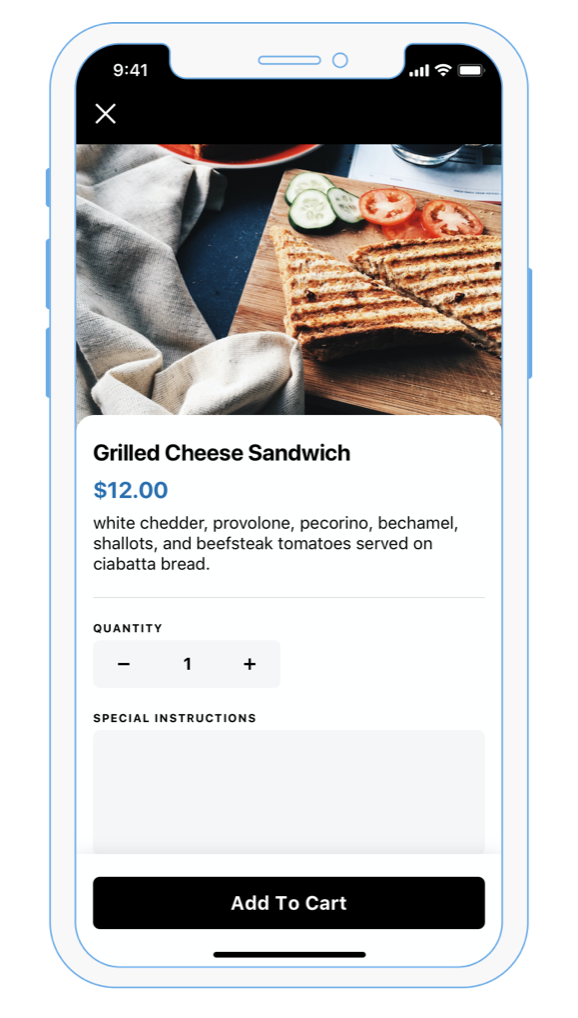Discover key trend projections from Hotel Tech Report’s “Ultimate Guide to Guest Mobile Apps for Hotels: 2022 edition.”
With the new year quickly approaching, many hoteliers are reviewing their tech budget for 2022. Since the pandemic, the industry has been making a shift to incorporate more mobile tech, and as technologies continue to advance, hoteliers have more opportunities to implement efficient and convenient mobile solutions. In an effort to help hoteliers find the right tech for their needs, INTELITY has sponsored Hotel Tech Report’s “Ultimate Guide to Guest Mobile Apps for Hotels: 2022 Edition.” Here are a few highlights about mobile tech in the coming year:
Trends and Future Predictions for Guest Mobile Apps
Mobile-optimized Guest Experience.
As the hospitality industry responded to the COVID-19 pandemic, the demand for mobile tech increased dramatically. The need for people to perform everyday tasks on their smartphones became more of a necessity than simply a convenience. And now, guests are looking for that same digital experience in their travel. Does your hotel offer contactless check-in through an app? Can guests order food directly to their room, the same way they can at home? Can they message back and forth with your staff the same way they can with their friends and coworkers? Enabling guests to interact with your property via a mobile device will continue to play a more central role in the modern guest experience.
Key Features to Look For:
- Mobile Check-In
Your mobile app isn’t complete without a check-in solution. Mobile check-in offers your guests a way to reduce wait times at the front desk or bypass the front desk completely. - Mobile Key Integration
Your mobile app should offer mobile key functionalities that streamline the check-in process and reduce costs associated with plastic room keys. - Guest Messaging
Selecting a vendor that offers two-way messaging solutions enables guests to directly interact with your staff via their mobile phones. Whether through SMS, in-app messages, or Facebook Messenger integrations, guest messaging enables more streamlined service recovery and improved guest experience.
Customization, Personalization, and Familiarity.
Providing digital access to your services and amenities allows guests to have more control over their guest experience. Finding a solution that provides a consistent guest experience across multiple properties will ensure users find what they need when exploring your app.
Key Features to Look For:
- Service Requests
Your mobile app should allow guests to place service requests, order in-room dining, access hotel information, book appointments at your on-property spa, make dining reservations at on-property restaurants, and much more. - Local Services & Content
Maximize your app interface by promoting local services and points of interests to help guests get the most out of their stay.
Mobile Payments.
As a result of the pandemic, and thanks to features like Apple Pay and Google Pay, many people now expect to use their smartphone to pay for goods and services. Today, travelers are primed, willing, and able to make payments through a mobile app—dining orders, incremental purchases, room upgrades, etc. While introducing new ways for guests to engage digitally, endless possibilities emerge once you can accept mobile payment.
Key Features to Look For:
- Requests & Ticket Management
Offer guests the ability to make bookings with the concierge, arrange transportation, or request more towels right from your hotel app, and automatically create and route tickets for your team to follow-up and fulfill. - Loyalty Program Integrations
Look for a mobile app partner that has the capability to integrate with your existing loyalty program. Integrating your loyalty program with your mobile app encourages guests to keep the app on their phones and encourages increased engagement before, during, and after a stay.
For more tips on how to select the right mobile technology for your property, download the “Ultimate Guide to Guest Mobile Apps for Hotels: 2022 edition” for free today.
 Showcase Your Menu
Showcase Your Menu Reduces App Confusion
Reduces App Confusion